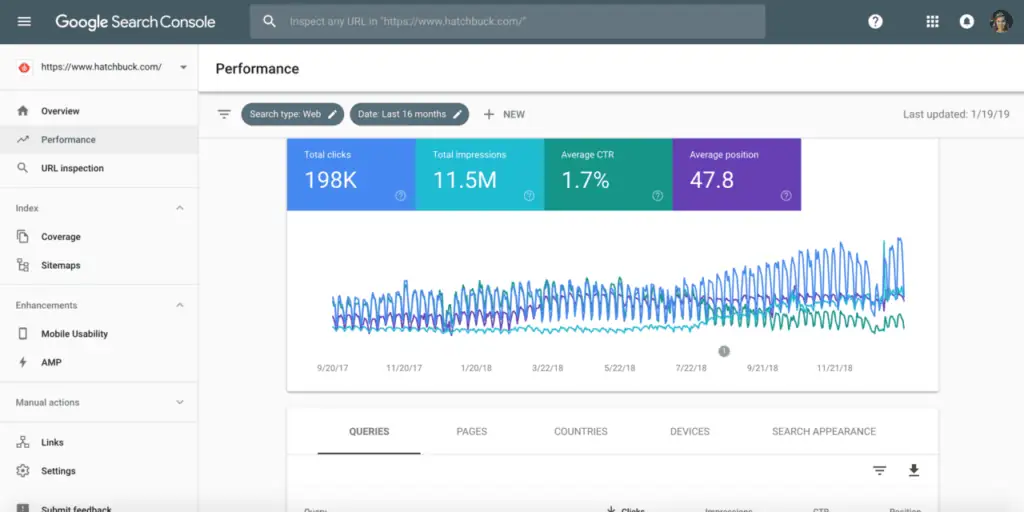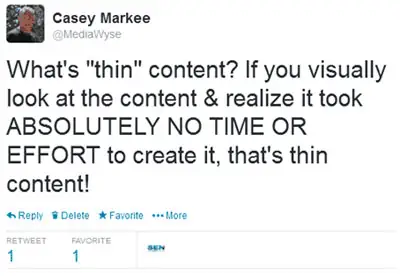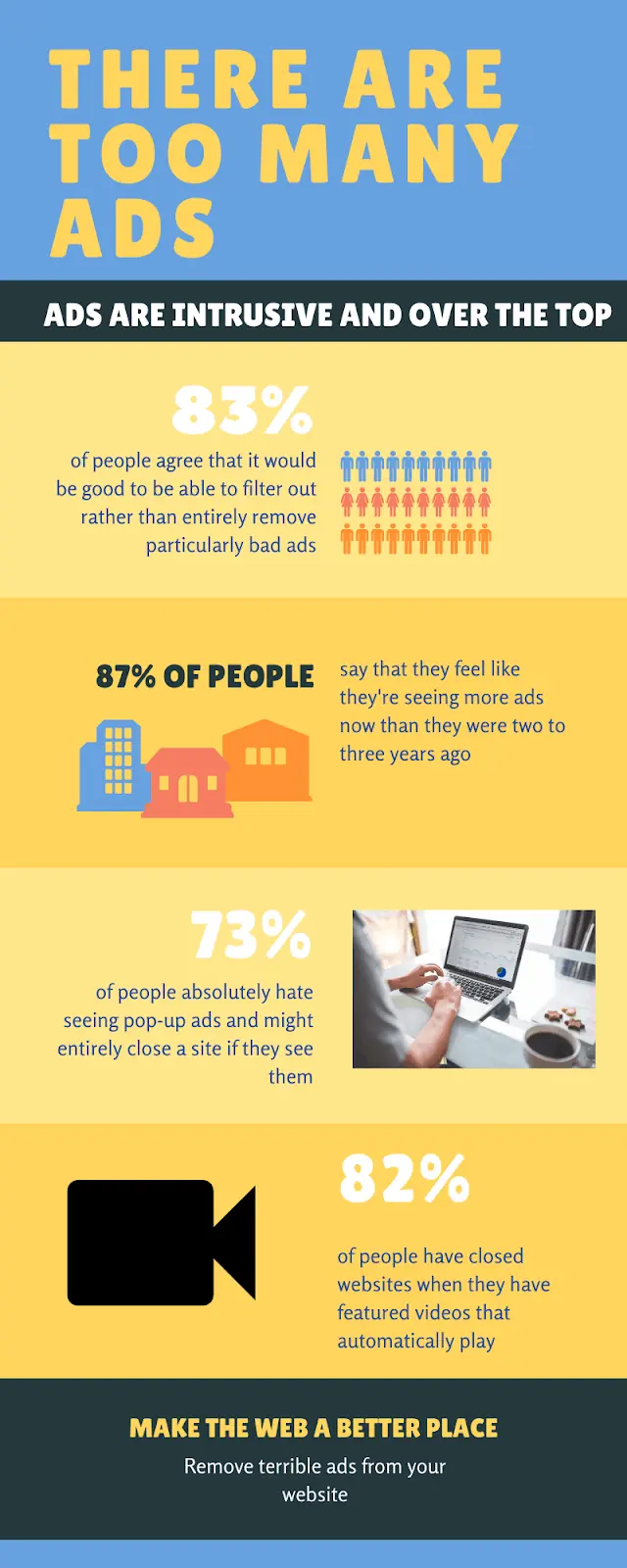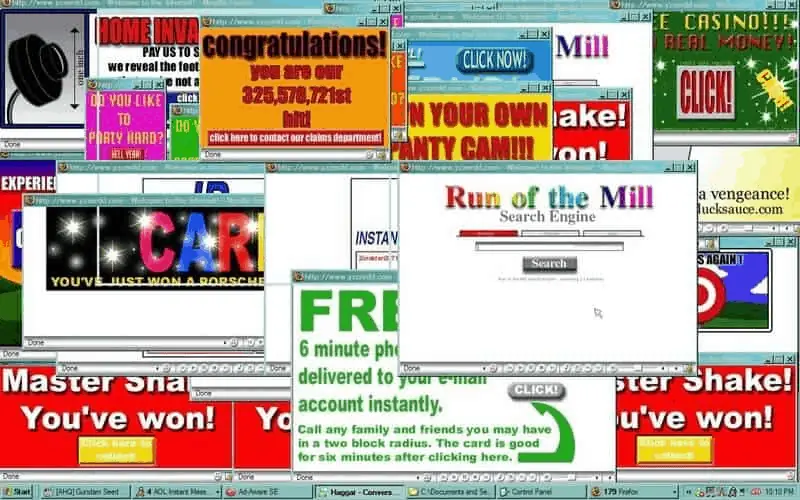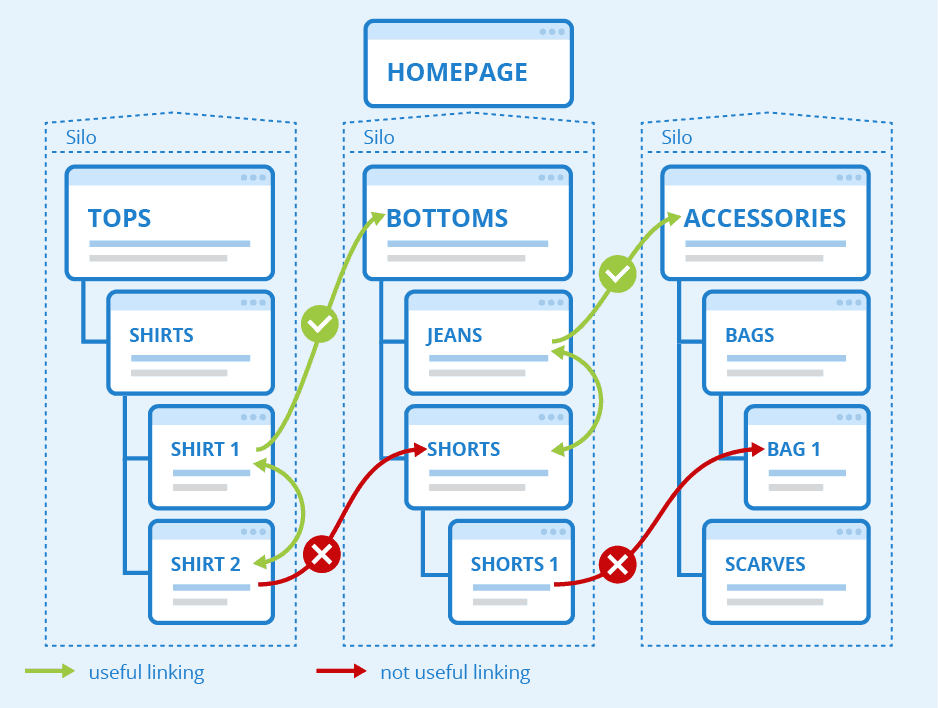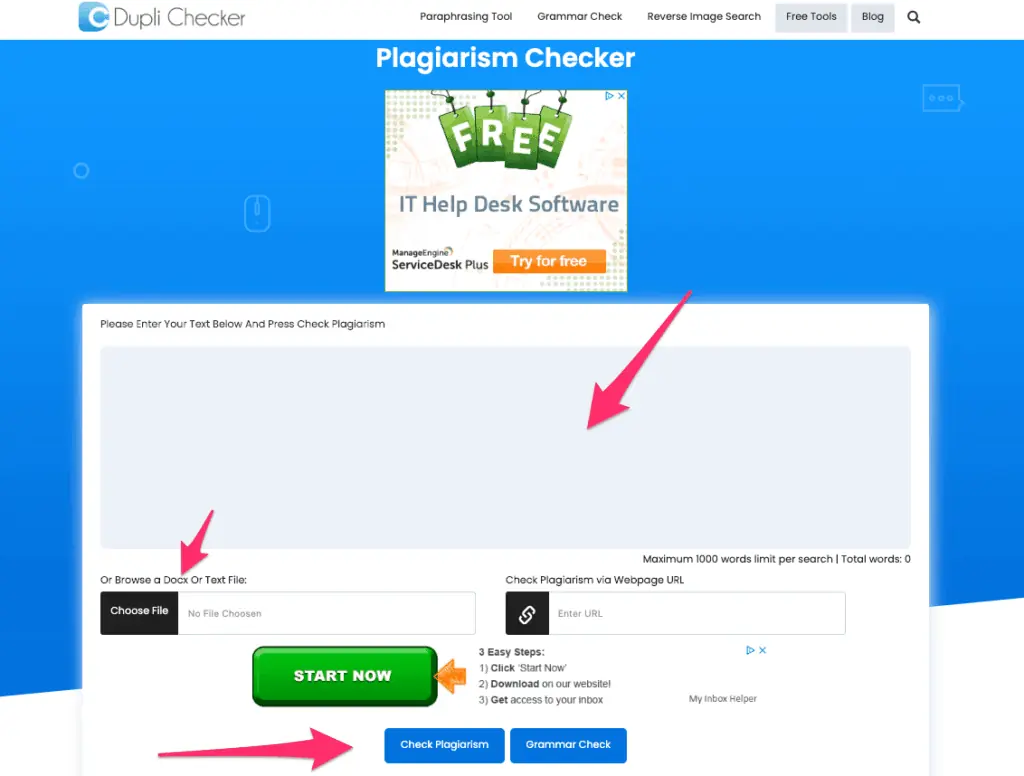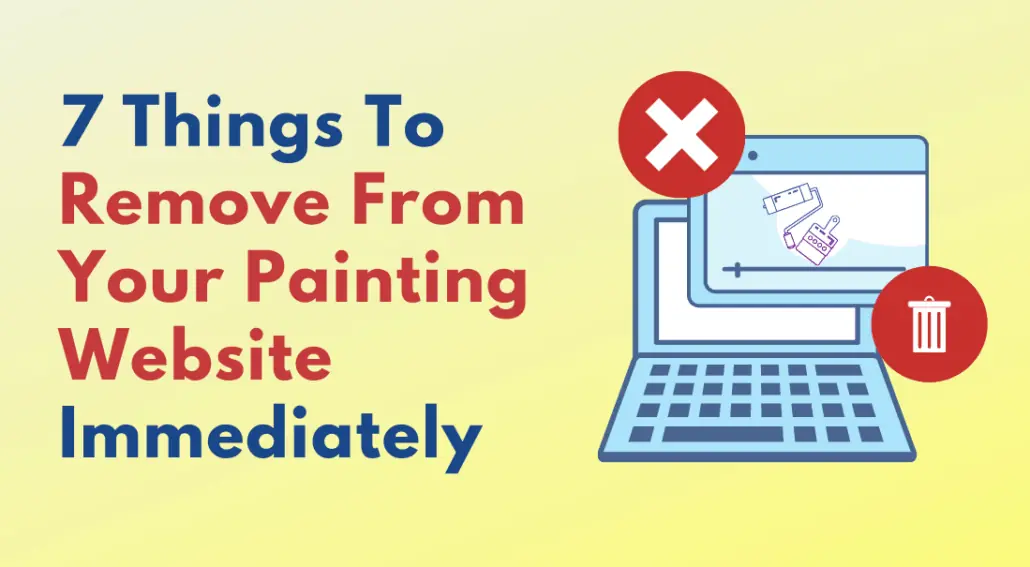
7 Things To Remove From Your Painting Website Immediately
It’s fundamentally important that you keep your painting site up in Google’s search rankings.
Unfortunately, there are things that will bring your ranking down — you will want to remove such things from your site.
Here are 7 Things to Remove From Your Painting Website Immediately:
1. Outdated Information
Google has over 63 billion pages indexed, and your painting website is of course part of that index.
There’s a useful thing called the Google Search Console, which gives information about your search ranking.
You can compare how pages rank over a period of time.
If you find that there are pages on your site that drop significantly in rank, it could be because the information is outdated.
Outdated information can come in a few ways including links that are no longer working and information that is no longer true.
If, for example, you list open hours for your business and somebody tries calling you only to find reach voicemail, that makes them less likely to want to hire you.
Here’s a guide to removing outdated social media links from your site:
[Related: How to Get on the First Page of Google]
2. Small Amount Of Content
Pages on your website that have extremely small amounts of content — even a couple hundred words is considered to be not a lot — rank poorly on Google.
It’s true that you can have a page where you will explain everything that needs to be explained in only that few words, but it’s not good for Google.
Google calls this thin content — pages that either have very little original content or content that is clearly filler content.
Filler content could just be key phrases that are repeated numerous times in a paragraph.
When you look at the paragraph as a whole, it doesn’t really read well and no normal reader would want to take any time to read it.
You can use Google Analytics to figure out how much traffic the pages get before and after you beef up your weaker pages.
3. Too Many Ads Or Ads That Are Irrelevant
When you have too many ads on your website, the time that it takes to load the site drops by quite a bit.
The higher the load time, the worse you will do in your ranking on Google’s site index.
Furthermore, just having too many ads on your website make for a worse user experience, which makes people flee from your site.
4. Pop-up Content
When someone finds your website, if during their time on your page they are suddenly attacked (the best word for it) by a pop up information page, it’s bad.
It’s bad both for the user, who is trying to look at the actual page they went to look at and it is bad for Google Ranking.
According to Google,
Pages that show intrusive interstitials provide a poorer experience to users than other pages where content is immediately accessible.
This can be really bad for someone who is looking at your site on their phone, and suddenly have their reading experience interrupted by an ad they can’t seem to close.
This doesn’t mean you should entirely remove pop-ups — pop-ups that people see when they are leaving your site are okay, as they are already heading away.
That kind of pop-up can help you get people to even subscribe to your email list.
5. Irrelevant Internal Links
It’s a good thing to have internal links on your website, but they have to have some relevance to where they are actually taking people.
If you have a page that is about painting cabinets, for example, you won’t want to have it link to a page about commercial exterior painting as this is entirely irrelevant.
6. Duplicate Information
There are a few different meanings to “duplicate information”.
One is if you have a page on your site that has nearly word for word a copy of information that is on somebody else’s site, that’s just no good.
It’s pretty easy for people to figure out that you have plagiarized content from another person’s site and they will then avoid yours.
According to Google,
Duplicate content generally refers to substantive blocks of content within or across domains that either completely match other content or are appreciably similar.
Another meaning of duplicate information is if you have a page that has the same kind of article that hundreds if not thousands of people have already written.
A great site for checking your pages for duplicate content is Duplichecker, which checks over your text for content that appears to be plagiarized or is otherwise very similar to other sites.
7. Links To Spam Websites
If you have links on your website that lead to spam websites, it will be quite bad for your Google ranking.
You should know that any link that you have on your site is associated with you — a bit like if you recommend a brand to someone and they end up finding it to be not good.
That person would then not be as likely to come to you for a recommendation — their last recommendation from you did not turn out well.
Here’s a simple guide to removing spam links from your WordPress site:
Quick recap:
- Look for any outdated information and update the pages so that you don’t have old information about your business.
- If any of your pages have small amounts of content, either remove the pages or add more to the pages. Doing so will make them more interesting and useful to the reader.
- Limit how many advertisements you have on your website so that people aren’t put off when they go to at your site.
- Remove any pop-up content and limit the amount of pop up forms that people see as they exit your site.
- Check your site for internal links and determine whether or not you need them, and that they are placed appropriately -too many internal links can hurt you.
- Remove duplicate information from your site or consider rewriting it to make it more original.
- Remove all links to spam websites so that Google doesn’t mistakenly think you are endorsing their junk
